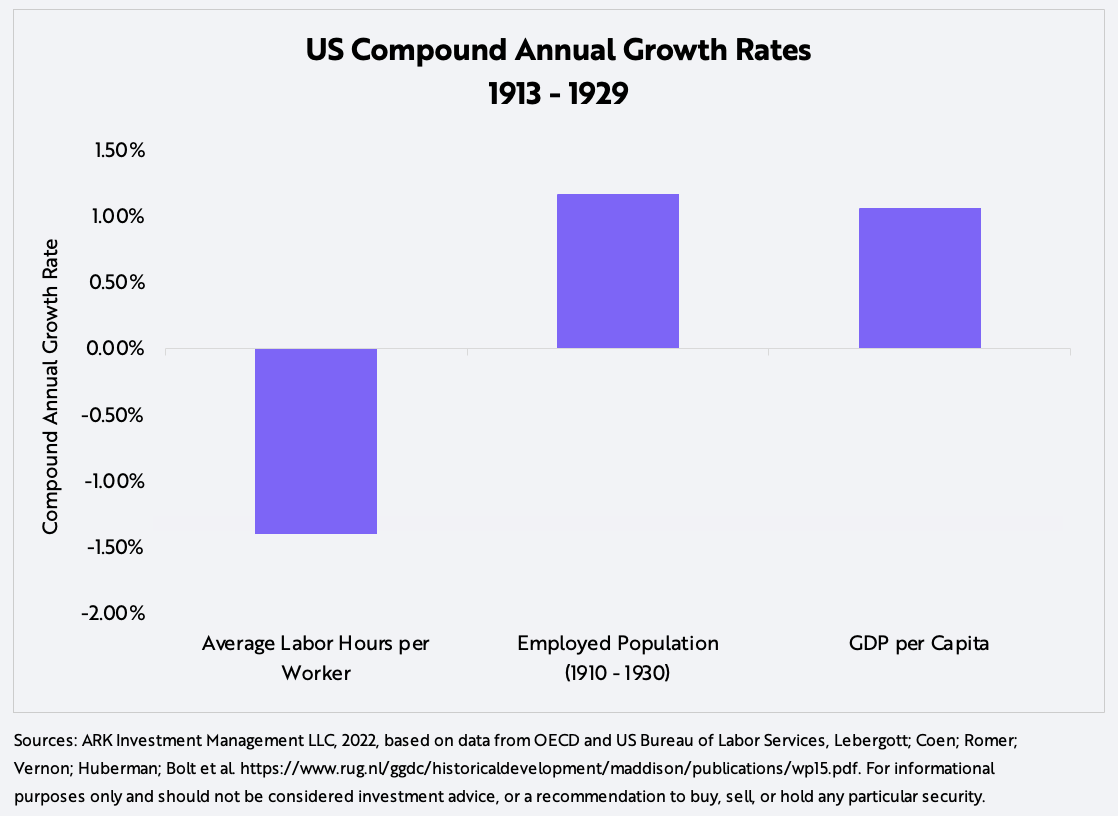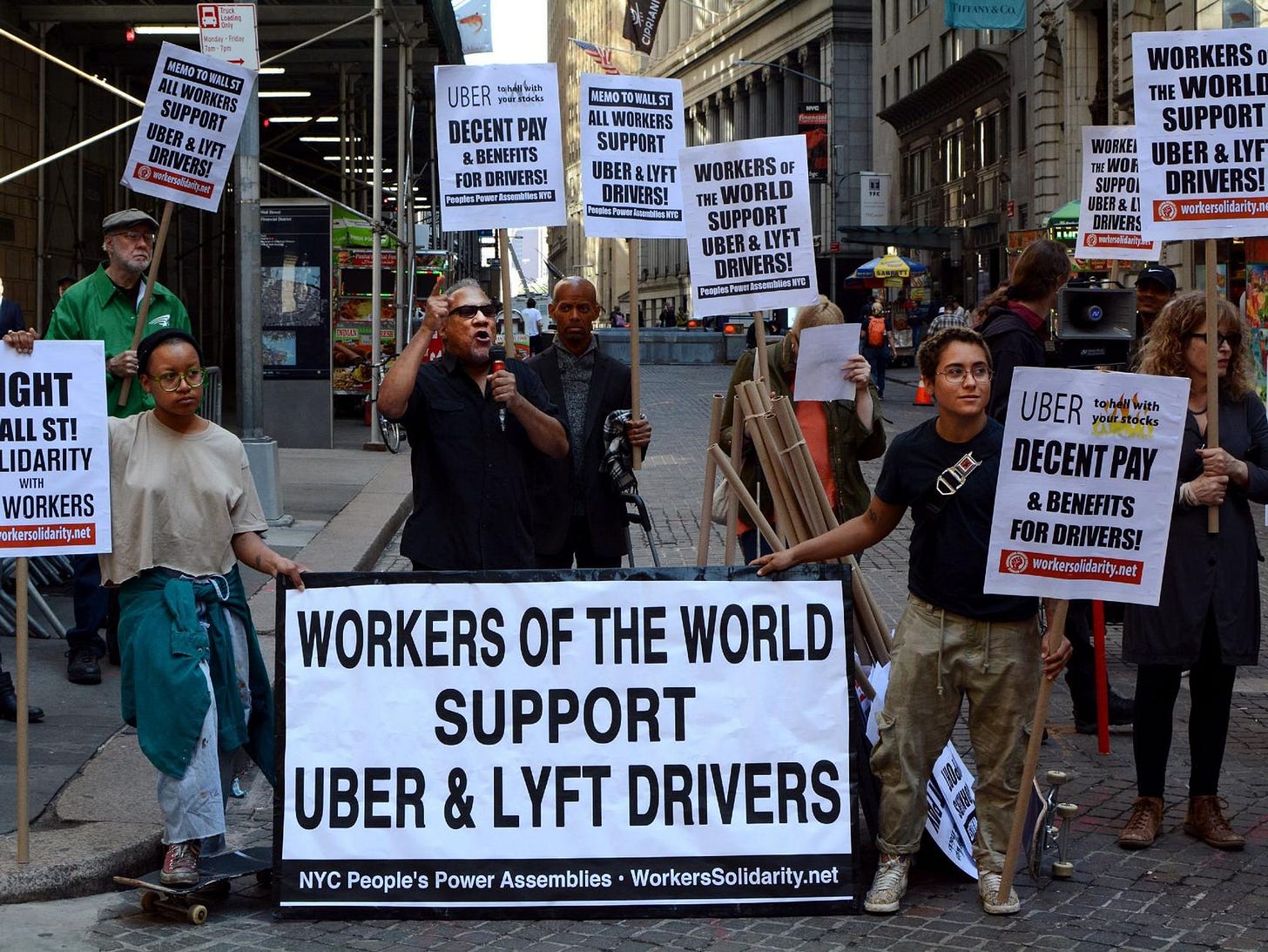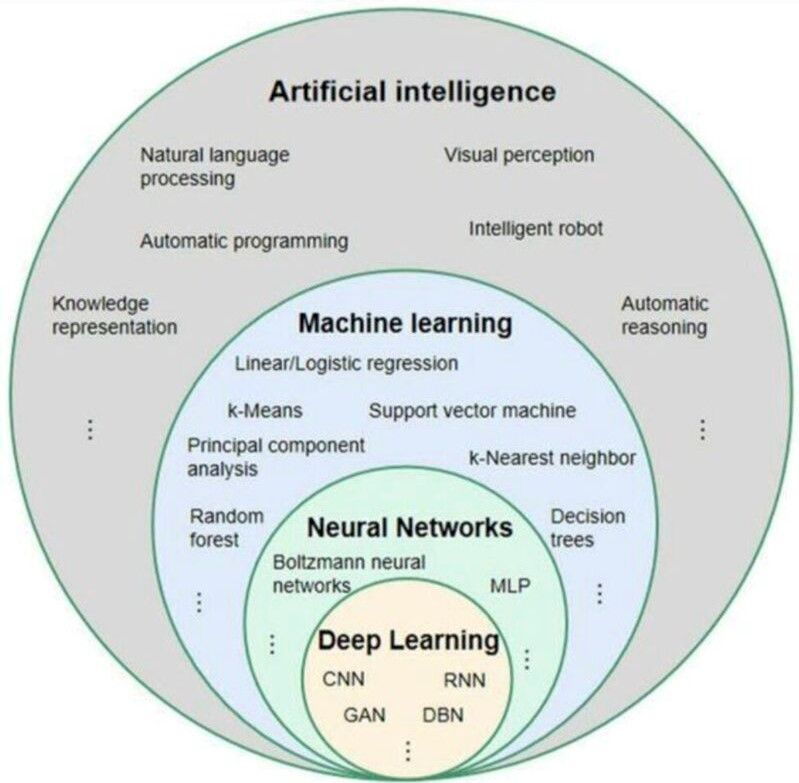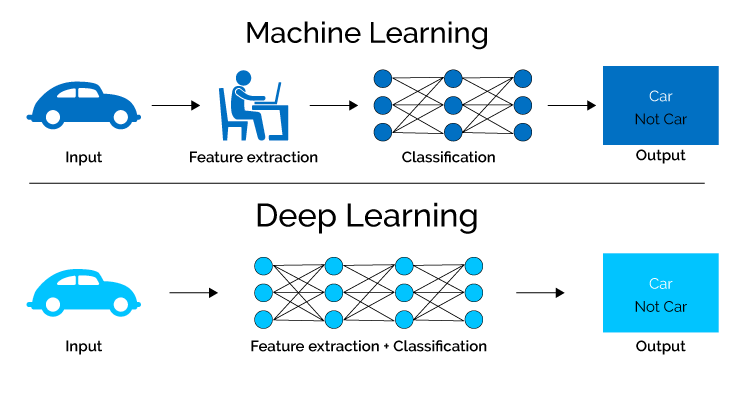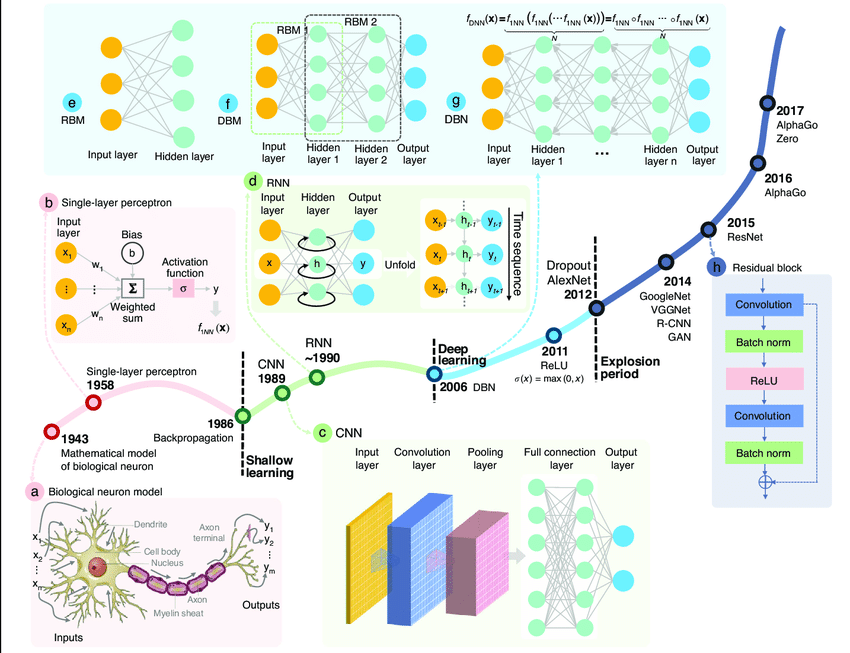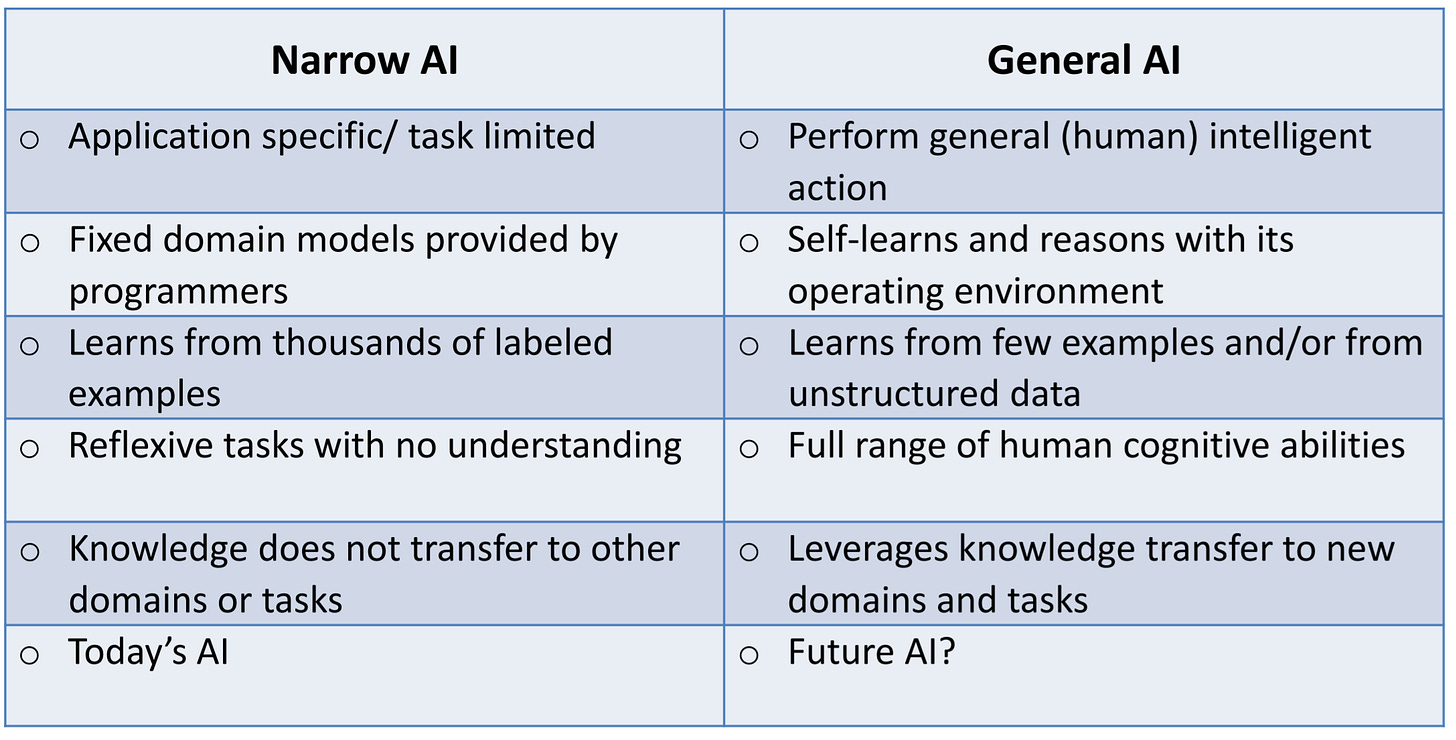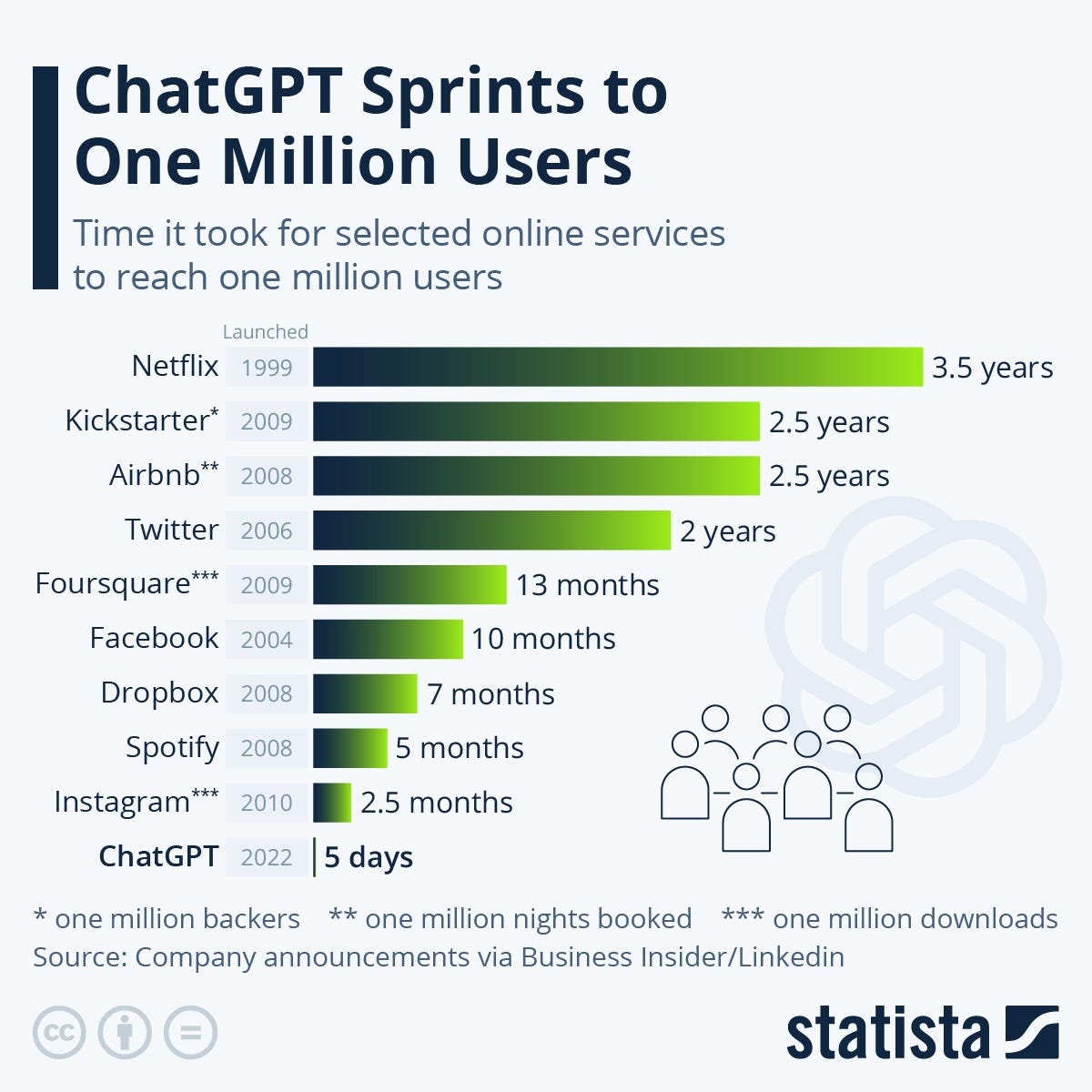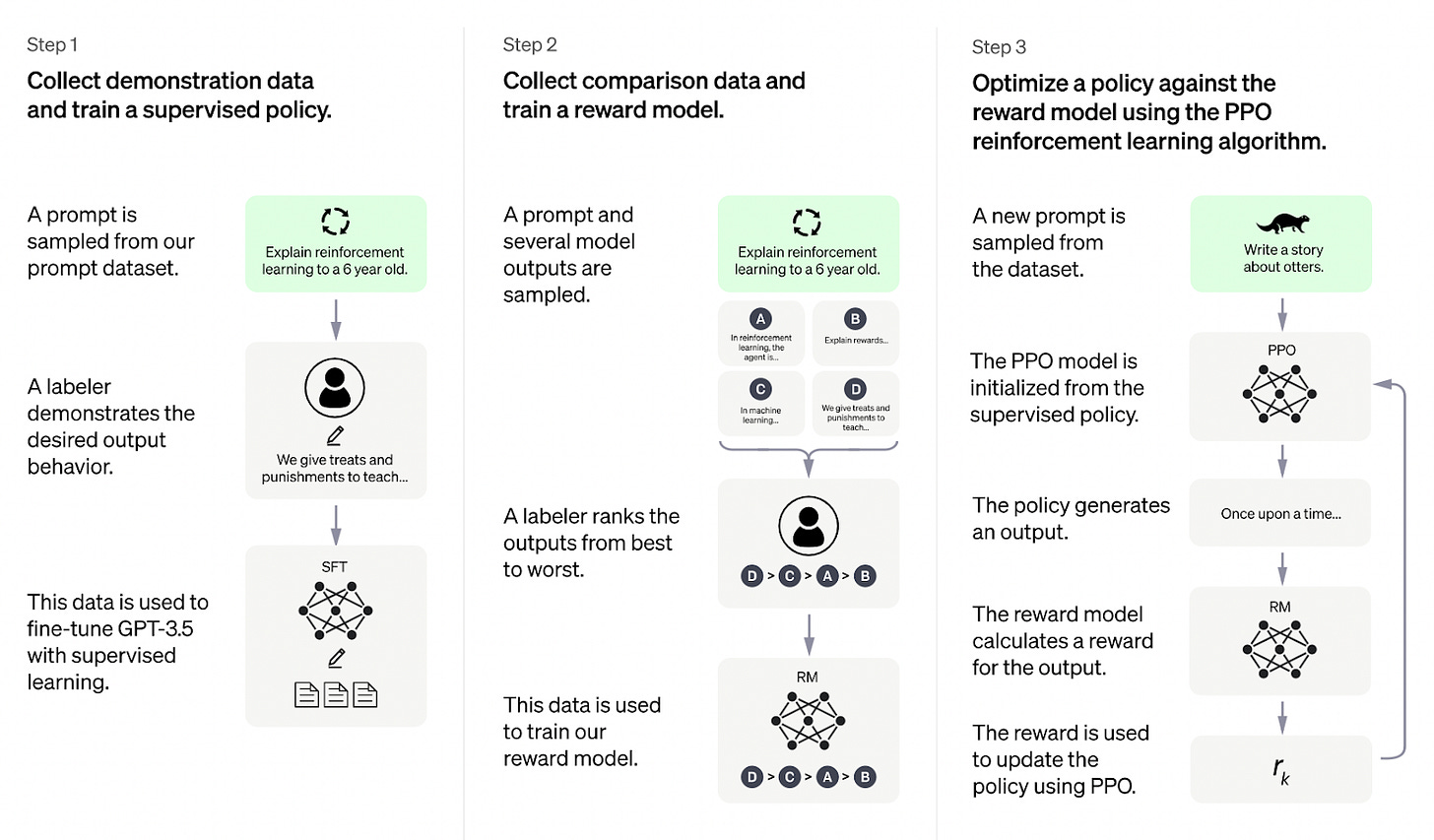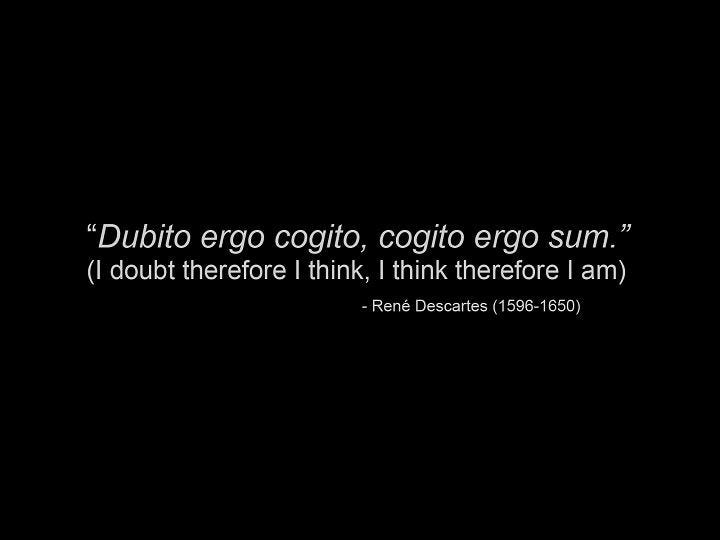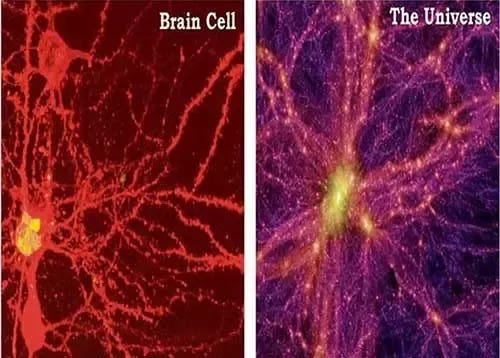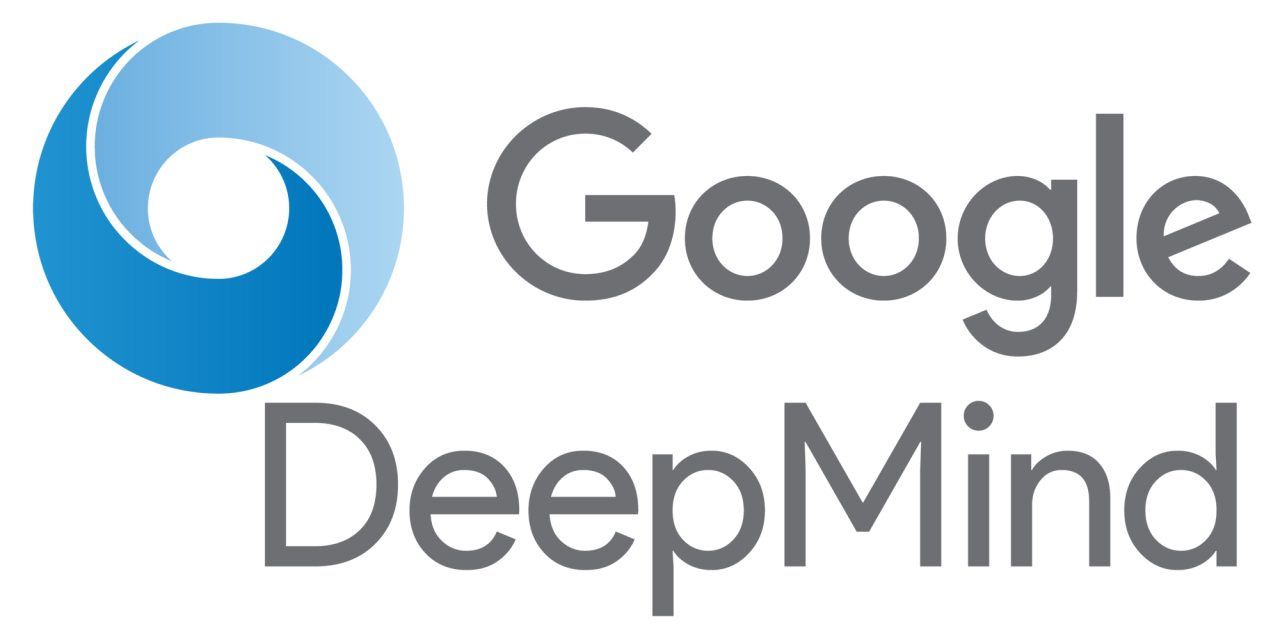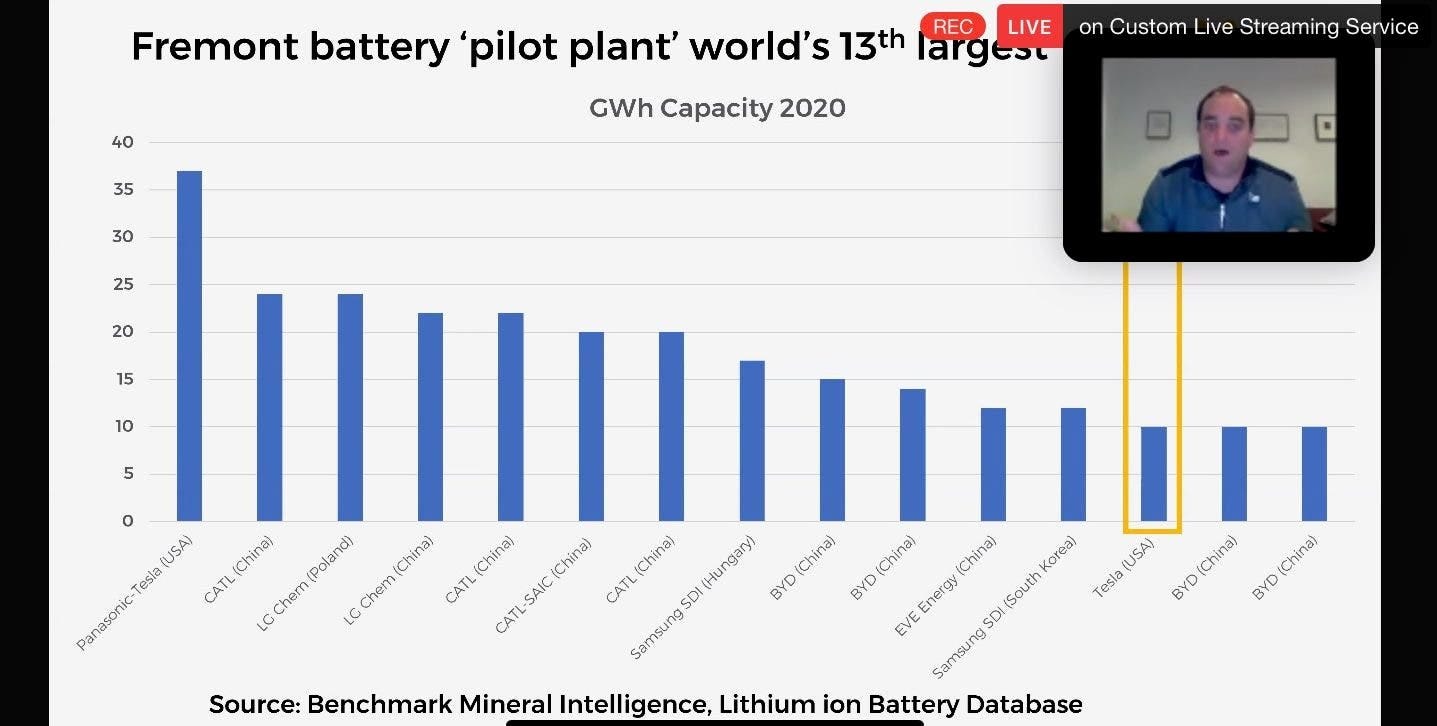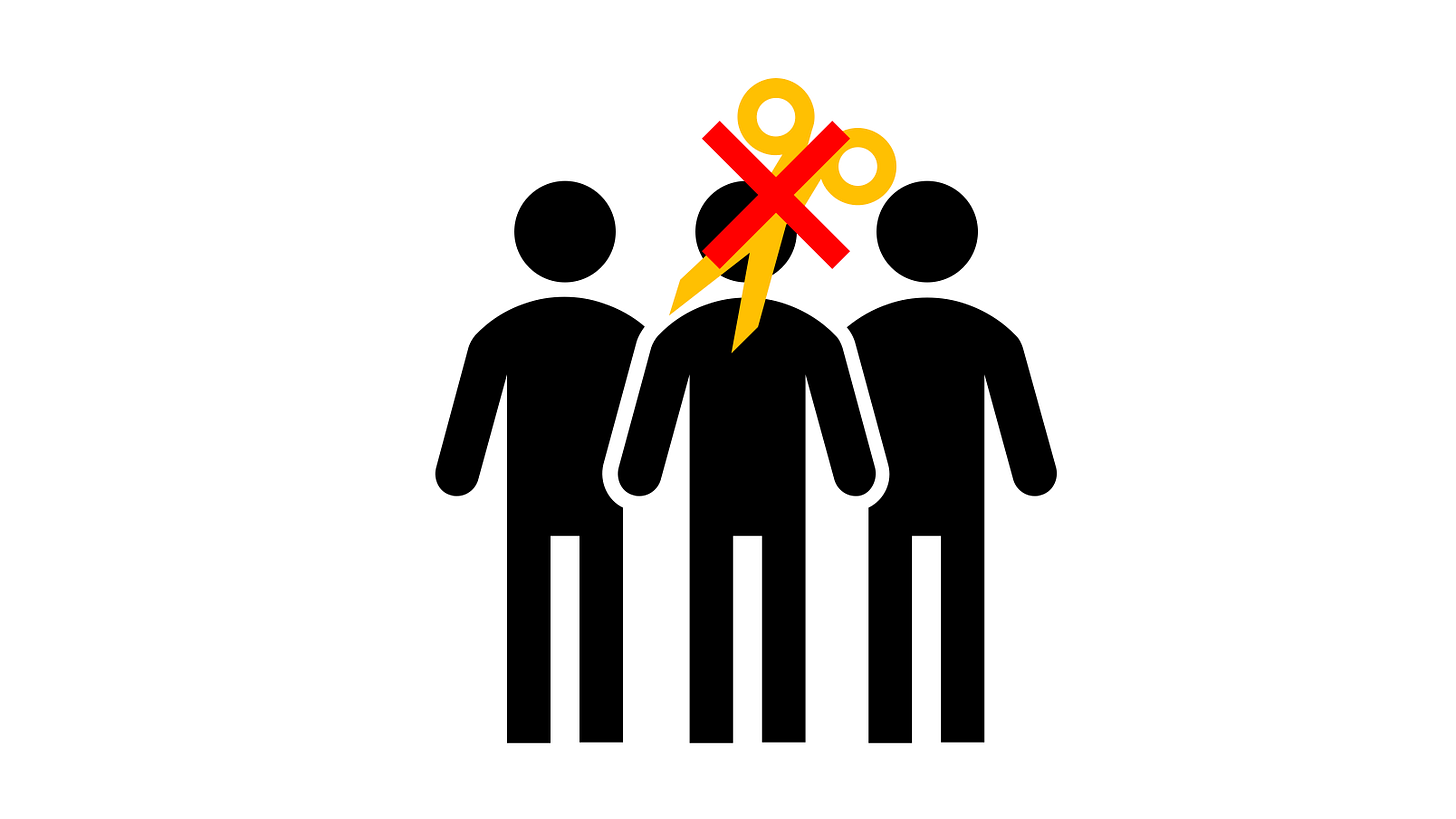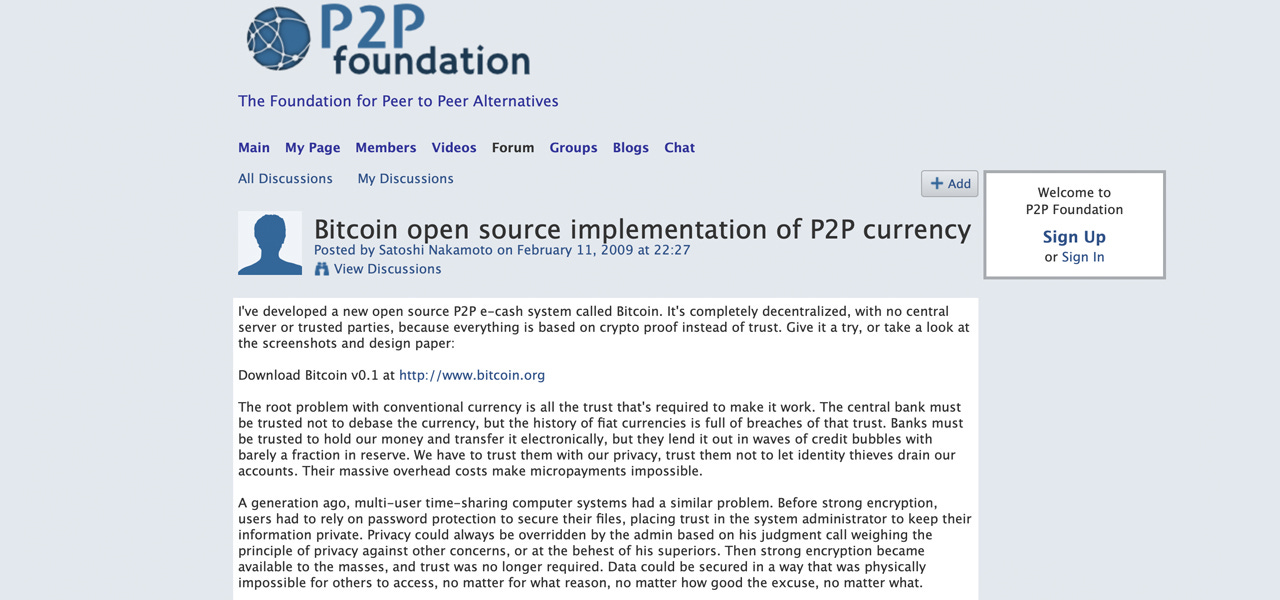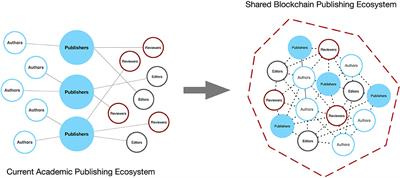Homo Techno #6
The information era, deep learning, robotics, the status quo & blockchain
[TL;DR The 4th/5th industrial revolution is taking effect]
The Information Era
The last decade or so has been marked by abundance, accessibility, and proliferation. Many digital services are now mass adopted and generate revenues in the US$ billions.
Spotify/Apple Music/Tidal/SoundCloud
CD/iTunes/Limewire → Streaming
Effect: more artists making a living
Youtube/Netflix/Disney+/AppleTV/Amazon prime/HBO max
Cable → Streaming
Effect: more content creators making a living
UberEats/Doordash/Skipthedishes + Uber/Lyft/Postmates
Proprietary restaurant delivery → Restaurant delivery for all
Taxis → Digital marketplace for freelance taxis
Effect: freelance driving work for anyone interested
contract based taxi work → cheaper rates/faster arrival
AirBNB/Vrbo/Sonder
Hotels → Digital marketplace for accommodations
Effect: more accommodations supply (more variety/price range)
Car2GO/ZipCar/Bike Sharing Services
Rental cars only (25+ min. age) → New modes of transport
Expedia/Kayak/Travelocity
Travel agents → Digital marketplace for tickets/packages
Effect: customers get to pick from a wider range of choices
Interactive Brokers/Questrade/Wealthsimple Trade (Canada)
Robinhood/Charles Schwab/TD Ameritrade/WeBull/etc (US)Financial advisors/brokers → Roboadvisors/online brokers
Effect: ability to trade equities from your phone with low to no fees
Khan Academy/FreeCodeCamp/MIT OCW/etc
Beginner to advanced education offered for free online
Effect: ability to completely change your life using internet
There are plenty more examples and we will keep seeing more industries swallowed by software. In every case we see that there are many benefits; as well as some downsides.

The gig economy, sometimes called the sharing or access economy, is proving itself to be controversial. On one hand it is offering convenience and adaptability for customers and workers. However, there are some abuses: crimes being committed against customers by AirBnB hosts and Uber drivers (now being addressed by the companies and law enforcement), as well as gig workers demanding minimum pay and benefits (not yet addressed by the companies).
Even traditional employment has started to shift. Many SWEs (software engineers) are now working off of contract periods for companies instead of being fully employed with benefits. This in many cases can result in greater compensation or flexibility. Teleconferencing has now enabled remote/hybrid work. Platform work is also taking off for freelancers on websites such as Fiverr or Upwork. Many tech companies even outsource their work to freelancers abroad.
Artificial Intelligence
Current Trends
Some links to check out if you’re more interested:
Anthropomorphic Characteristics
NLP (Natural Language Processing)
GPT-3
The GPT-3 (generative pre-trained transformer-3) model was developed by OpenAI and contains 175 billion parameters.
ChatGPT
The rapidly popular ChatGPT is a smaller specialized model of GPT-3 in order to make it more efficient for general use. Tech workers and enthusiasts are very excited because soon it will utilize GPT-4.
GPT-4
The GPT-4 model will soon be released upgrading to 1 trillion parameters. It will also feature multi-modality meaning that it can not just interpret/generate text, but also interpret/generate sounds and videos.
Speech Recognition
Computer Vision
Spatial Reasoning
Human Intelligence & Consciousness
What is the unquantifiable in a human consciousness? Can an artificial intelligence have a consciousness?
What if we expanded our view of nature from just the natural world but to the laws of physics that bind us and the very universe itself.
Deep learning neural networks are based off how our own neurons operate and they are increasing in complexity at an exponential rate. Moore’s law dictates that the number of transistors on microchips 2x every 2 years. These 2 factors mean that AI will only get more and more powerful.
Quantum computing, when scaled, will exponentially increase computing power. With these 2 exponential factors I could see AI gaining just as much, if not more, computing power equivalent to our brains. I will cover more about quantum information/computing in more detail in another post.
Specialized AI Use Cases
Robotics
For now robots are replacing cashiers, warehouse laborers, and farmers, but in time they will gain more capability and replace most, if not all, labor. Robo-taxis are steadily gaining progress and will put drivers out of jobs; car-sharing may become far more commonplace as the costs of car ownership is out-competed by increasingly cheaper fares.
Automated Logistics
Automated Agriculture
Automated Surveillance/Exploration
Automated Mobility
Teleoperations
Tesla AI Branch
FAANG AMAAT
The new Big Tech meta is Apple, Microsoft, Alphabet (Google), Amazon & Tesla. Ultimately, these companies have the pockets to finance large scale technological changes. Smaller companies may bring disruption, but they will often be swallowed up or heavily funded by these entities.
Apple & Amazon are still dominating their niches
Google & Microsoft are now vying for dominance in AI/search
Founded in December 2015 by Sam Altman, Elon Musk, Greg Brockman, Reid Hoffman, Jessica Livingston, Peter Thiel, Amazon Web Services, Infosys & Y Combinator, OpenAI was created to “promote and develop friendly AI in a way that benefits humanity”. In 2018 Musk resigned from the board. In 2019 Microsoft invested US1 billion, and in 2023 a multi-year investment of US$10 billion was granted.
After the wake of GPT-3/ChatGPT, Google has now announced Bard/LaMDA (Language Model for Dialogue Applications) that will soon be integrated into their search engine (Feb 06, 2023). Further, Google has invested ~US$400 million in Anthropic, a company focusing on AI safety (Feb 03, 2023). Another recent presentation announced all their upcoming various AI features for Google Search and Google Maps (Feb 08, 2023).
While I highly doubt that Bing will dethrone Google Search, I think that the competition is always great as it accelerates innovation and deployment.
Tesla is rising from an automaker to an advanced AI/robotics company, along with world leading battery manufacturing.
“Meta” (Facebook) appears to be doing an nosedive to death by shifting their focus to virtual reality hardware and software.
Netflix faces rising competition from Amazon Prime Video, Disney+ & HBO.
Don’t Disturb The Status Quo
Our modern world is made up of regulatory institutions, security theater, and bureaucracy. What I have noticed in the world is that things tend to follow the pattern of:
comfort → complacency → stagnation → degradation
People will tend to do the most convenient thing for security or laziness. Our innate greed for ourselves will always result in the same natural human patterns. Many companies and individuals serve as middlemen or gatekeepers. This can result in collusion or monopolization leading to exploitation. Overall, it will lead to a deadweight loss: a cost to society created by market inefficiency.
The answer to this problem is decentralized digital competitors, who are already showing how they can disturb the status quo: examples include services like Amazon marketplace and Airbnb where there is a centralized marketplace with independent providers. AI assistance will only amplify this disruption increasing digital efficiency over legacy competitors, and eventually blockchain will be another key to the puzzle: it will allow the marketplace itself to become decentralized as well.
Blockchain
Seriously though, blockchain is a ground breaking innovation.
On February 11 2009 at 22:27 Japan Standard Time presumably, given Satoshi Nakamoto, Bitcoin was introduced on a forum post on the P2P Foundation website. His identity is still unknown and some presume it may be a fake identity used to mask the real inventor.
Blockchain offers us a real technological leap given it is used for the right reasons. There are already some impactful uses like research funding, document verification, and business/non-profit accountability/transparency.
However, one must remember the initial use cases for cryptocurrencies such as illegal purchases and money laundering. Huge societal shifts and innovation must occur for blockchain technology to be fully utilized. As with any new technology it takes some trial and error to figure out.
I will expand upon this topic in another post as the philosophical and technical details of this are extensive. Moreover, we are in the very early stages of this technology and I want to see more legitimate development before I expand upon it.
Network States
Linked here is a free book by Balaji Srinivasan (former partner at Andreessen-Horowitz). This new concept utilizes blockchain in a radically disruptive way proposing to go beyond borders and empower yourself through the internet & blockchain. An ideological collective could use the shared equity to finance territory and projects by democratic vote. This could enable new sovereign bodies of rapid innovation, given the right group of people.
Closing Notes
As you can see the effects of the 3rd, 4th & 5th industrial revolutions are fundamentally changing the workings of our society. The internet continues to disrupt our culture, in both bad and good ways, and AI looms to exponentially multiply our stocks of labor and knowledge. Quantum computing and blockchain will arrive eventually, but it will take time to figure out their kinks. Will all these factors in combination we may see the biggest shift in the history of our now globalized society. With this marked change we may devolve into chaos or evolve into a protopia/utopia. We will just have to wait and see, and you yourself could potentially make all the difference.






